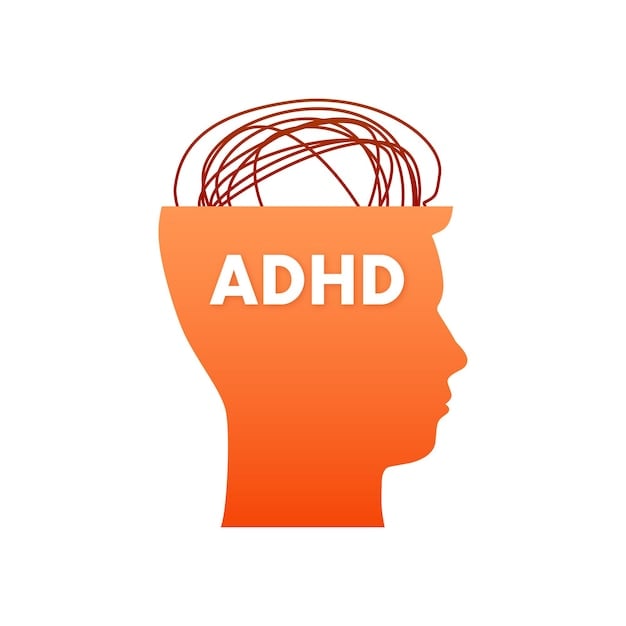So when I went through school you’d have two types of struggling kids:
Kid A would struggle to pass tests, but work hard and get every assignment done so they can keep their average in check. Teachers like this kid. Not that there’s anything wrong with this kid, but teachers project virtue on them sometimes just to shame kid B when kid B asks for consideration.
Kid B is who I assume many people here were and who I was. Kid B struggled to get from start to finish of all of the assignments that kept popping up and per haps couldn’t do the same task for very long. Kid B, however, could get high grades on most tests. If Kid B asks for some consideration to pass the class as they’ve gotten the information but weren’t able to finish all of the assignments and are told no, because Kid A exists and “I can stand someone who struggles with the tests but does the work, but I’ll never tolerate someone who is lazy”.
I have cptsd from years spent as kid B, but I’m pretty sure that’s a generic thing that happened to others as well. I had that quote shoved down my throat by a double digit number of adults. And the too-radical thought is this: I believe the teaching approach that holds kid A as a paragon of virtue and kid B as a lazy snot is quite discriminatory and maybe those are just two differently struggling kids. And maybe some consideration should be given to both. And maybe PTSD causing trauma should be withheld from both groups


There’s a pretty well-supported theory that our education system was designed to churn out good factory workers. Obedient drones who will stand in one place for 8+ hours doing repetitive tasks that require a good memory and high attention to detail but only in the exact way they’re told to do something.
I used to complain that the rules of society were made up by “morning people and extroverts” when I was the opposite of both; now I recognize that I’m simply neurodivergent and the neurotypicals are the ones in charge. With therapy and reading posts like yours from other neurodivergent thinkers I’ve come to accept and appreciate how my brain works. I don’t see it as a mental illness (and even the term neurodivergent isn’t the best as it implies deviation from what’s “normal”). Maybe after society collapses we can build one that recognizes people think in different ways and have different strengths, but until then just remember: you’re not a bad person, you’re not broken, and you’re not alone.
Most of that theory derives from Michel Foucault: https://en.m.wikipedia.org/wiki/Discipline_and_Punish